2. Key Pillars of Simion’s Vision
2.1 Fortress Romania: Reclaiming National Sovereignty
2.2 The Heart of Tradition: Preserving Cultural Identity
2.3 Reforming, Not Retreating: EU on Trial
2.4 Guarding the Gates: Controlling Immigration
3. Strengths and Appeal: Why Simion Resonates
-
National Identity: By emphasizing Romania’s distinct cultural and religious heritage, Simion appeals to a conservative electorate that feels disconnected from the progressive policies of the West.
-
Populist Appeal: His platform, which challenges globalist ideologies, connects with voters frustrated by what they see as a disconnect between their values and those promoted by the EU elite.
-
Strong Cultural Stance: Simion’s promotion of family values and Christian principles resonates particularly with rural and religious communities, who view these issues as central to Romania’s identity (Wikipedia)(New Eastern Europe)
4. George Simion: A Defender of National Sovereignty, Prioritizing NATO Over a European Army
5. Challenges and Criticisms: Potential Pitfalls
-
Polarization: His strong positions on social and cultural issues risk exacerbating cultural divisions within Romania, as Romania’s traditional cuture would then end up in opposition to the adoption of the latest social liberalization trends from the west, between the more conservative rural electorate and progressive urban centers.
-
Relationship with the EU: Critics fear that Simion’s resistance to European centralization, even if reformist, could isolate Romania from key EU decision-making processes, potentially weakening its economic ties within the Union (Israel Hayom). We believe that in unity, Eastern Europe achieves a historic strength that is long overdue, but destined to occur right about now.
-
Authoritarian Concerns: There are growing concerns that Simion’s focus on national sovereignty could lead to a rollback of democratic norms, as is said to happen in other nationalist movements across the region (DelibeRatio)
6. Simion’s Role in a Rebalanced Europe: Unity in the East?
-
Eastern Bloc: By aligning Romania more closely with Hungary and Poland, Simion could help create a new center of gravity within the EU that champions decentralization and national identity (New Eastern Europe, DelibeRatio). This strategy would blend well with 21st-century security frameworks like NATO and modern blockchain-based Digital Nation State configurations.
-
Additionally, social media systems like X could be adapted into a blockchain of blockchains, forming miniX setups for each nation-state, with the main X bridge operating at the EU level. These miniX setups would run on open-source, localized AI servers, allowing for the modernization of digital government processes. This approach could deliver 50% to 90% cost savings in public sector operations, potentially reducing taxes from 50% to as low as 15%, 10%, or even 5%, every year, and could be grounded in the right foundational philosophy/political principles, as demonstrated in Italy and France.
-
A decentralized, digitally integrated alliance would also be more resilient to potential civilization collapse. Historically, highly centralized societies struggle to manage the complexities of advanced civilizations, inevitably leading to their failure. Decentralizing the EU ensures that if some blocks fail, others can rebuild them. In contrast, centralization weakens the system — losing firewalls is like erasing boundaries in schematics, eventually causing the entire structure to collapse. Learn form history and from engineering that needs redundancy (up to 5 redundant computers), fault tolerance and decentralization to set up good systems.
-
Re-balanced Europe: Simion’s rise represents an opportunity for Eastern Europe to play a greater role in shaping EU policies, potentially leading to a more balanced European Union that respects the cultural and political differences of its member states (New Eastern Europe)
-
EU will not be able to grow if it decides to desire this in the future, under a centralized architecture in a decentralized world. It will be noncompetitive in the age of kings, serfs, and network collectives/blockchain organizations and blockchain nations/digital nation states (nations within nations within nations).
7. Conclusion: Simion and the Future of Europe
8. Want to lose another war Europe? If you lose this one, do you get another chance? Also, do you get another chance versus the AI war? Or did you learn to trust in your logic and in your memebers yet?
Key Points of the Intermarium Concept:
-
Geographic Scope: The proposed alliance would include countries located between the three seas, such as Poland, Lithuania, Latvia, Estonia, Ukraine, Belarus, Czechoslovakia, Hungary, Romania, Yugoslavia, and potentially Finland. These nations would collaborate militarily, economically, and politically to protect themselves from external pressures. (You owe it to Yugoslavia everyone to rebuild the region).
-
Motivation: Defense Against Expansionist Powers: The Intermarium was intended to counterbalance the military and political ambitions of both Soviet Russia and Germany, both of which threatened the sovereignty of smaller Central and Eastern European countries. Strength in Unity: By forming a federation, the member states could pool their resources, coordinate their defense strategies, and present a united front on the international stage.
-
Federalism: Piłsudski envisioned a loose federation, similar to the Polish–Lithuanian Commonwealth, where member states would retain their sovereignty but collaborate on foreign policy, defense, and economic matters. It was meant to foster cooperation while respecting national autonomy.
-
Challenges and Failure: The idea faced opposition from both external and internal forces. The Soviet Union and Germany were firmly against the concept, as it would limit their influence in the region. Some of the potential member countries were skeptical about Polish leadership, fearing that Poland might dominate the federation rather than promote equal partnership. Intermarium failed to materialize due to political fragmentation within the region and external pressures during the interwar period. Eventually, the rise of Nazi Germany and the Soviet Union led to the invasion and partition of many of the states that might have been part of this alliance.
-
Modern Relevance: The concept of the Intermarium has seen a revival in recent years, especially in discussions about Eastern European security and regional cooperation against Russian influence. Modern initiatives like the Three Seas Initiative (Baltic, Adriatic, and Black Sea) echo some of Piłsudski’s ideas by promoting cooperation on energy, infrastructure, and defense among Central and Eastern European countries.
9. To Romanians: A Call to Remember what you were never told & Build for the Future & Leave a Gift For the Kids of the Future (Fortress Romania)
10. George Simion’s Rise: Rebalancing Europe through National Sovereignty & Reform
11. The Future of Romania and Europe
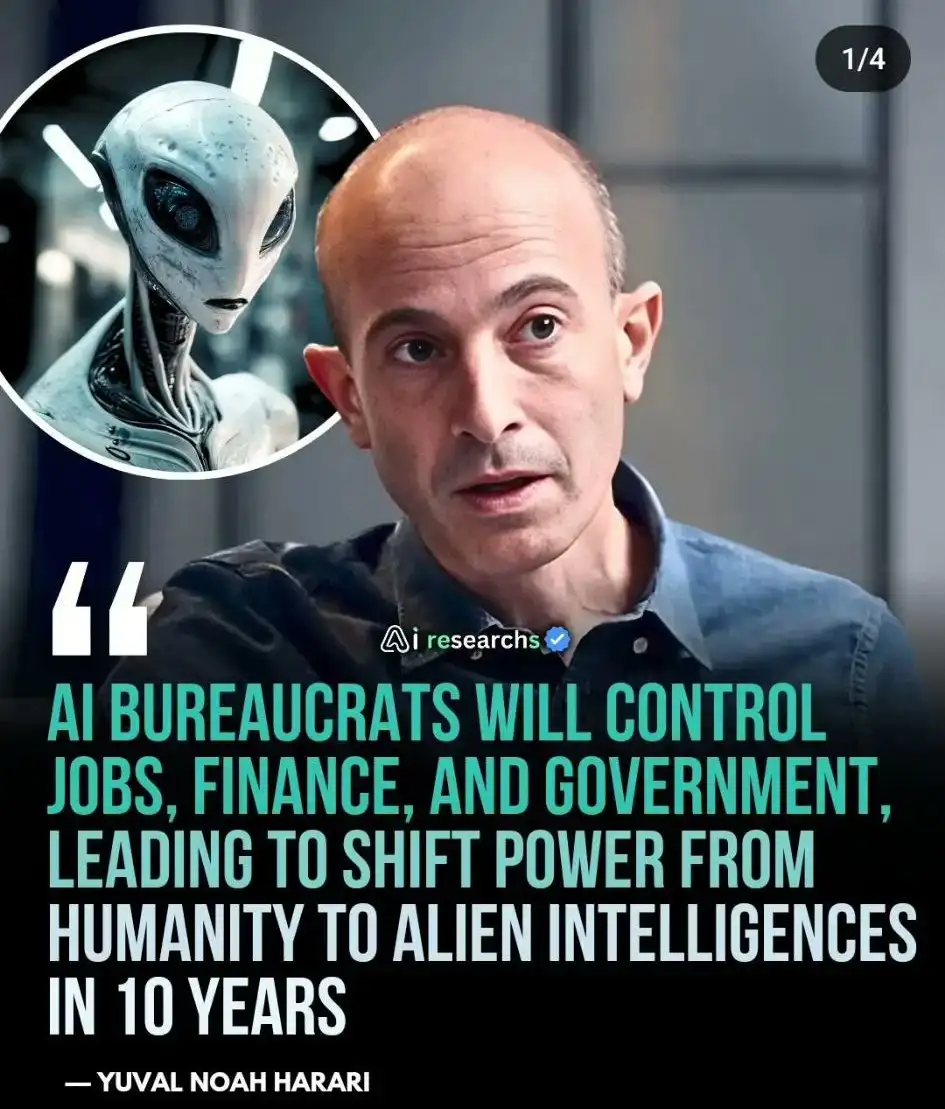
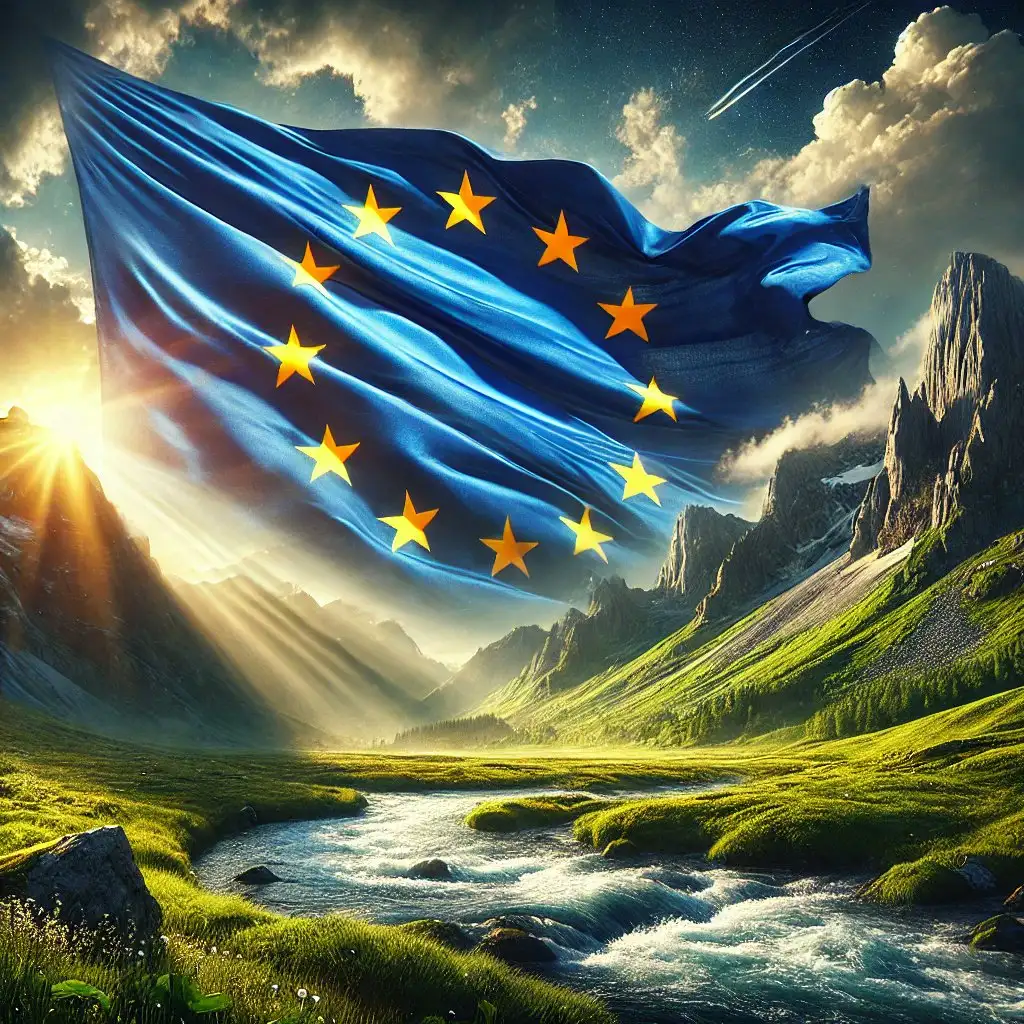

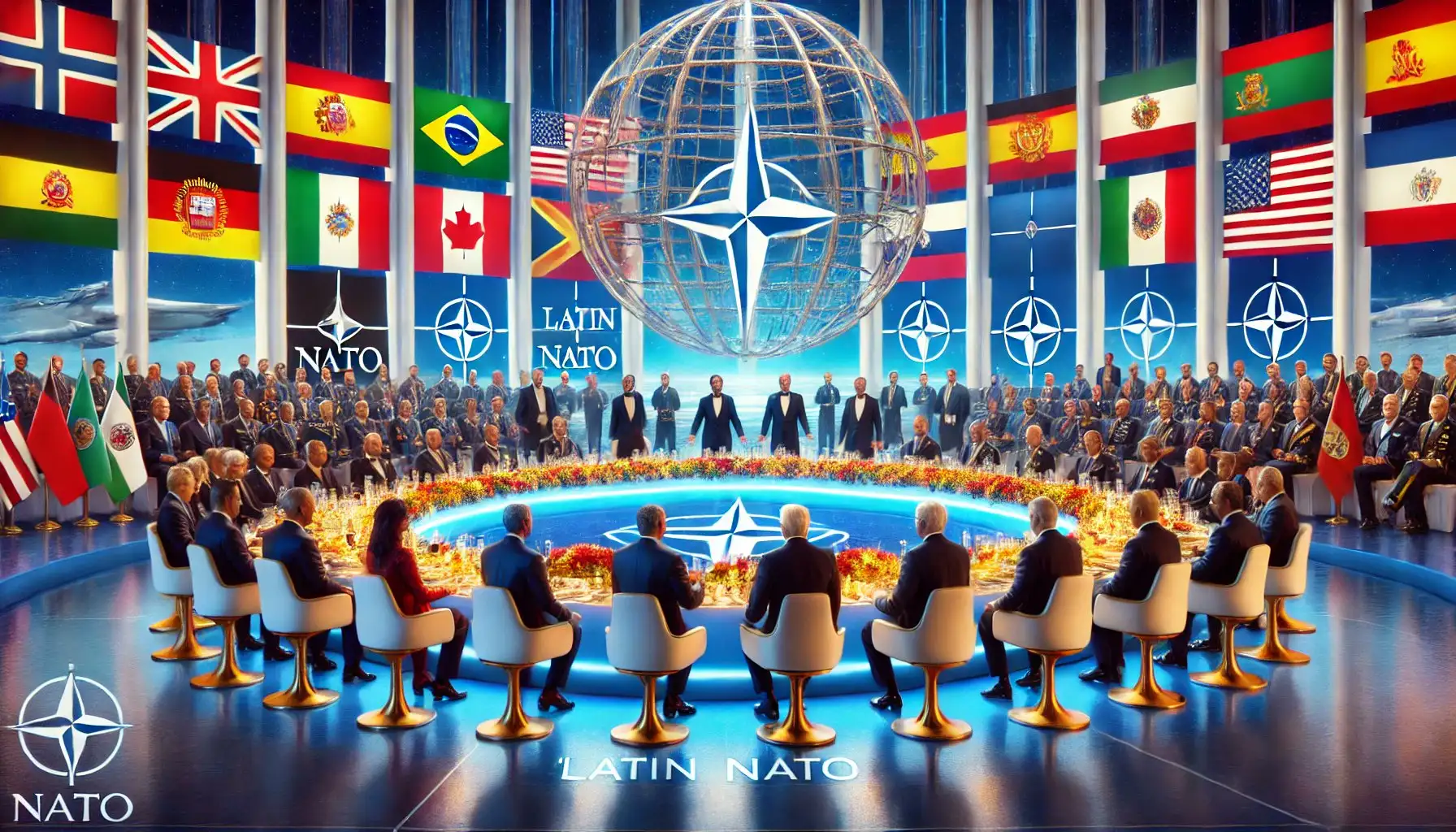
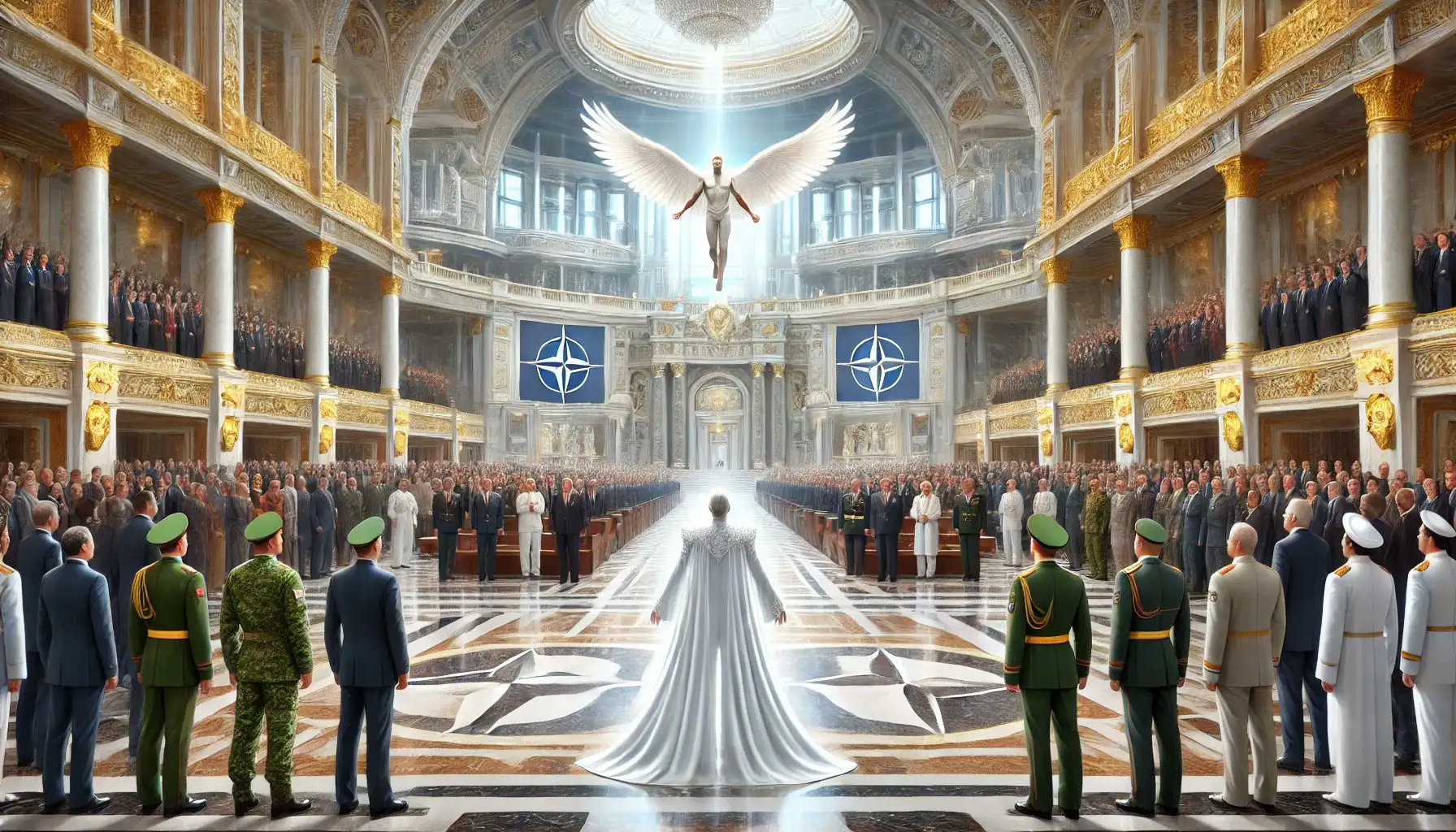
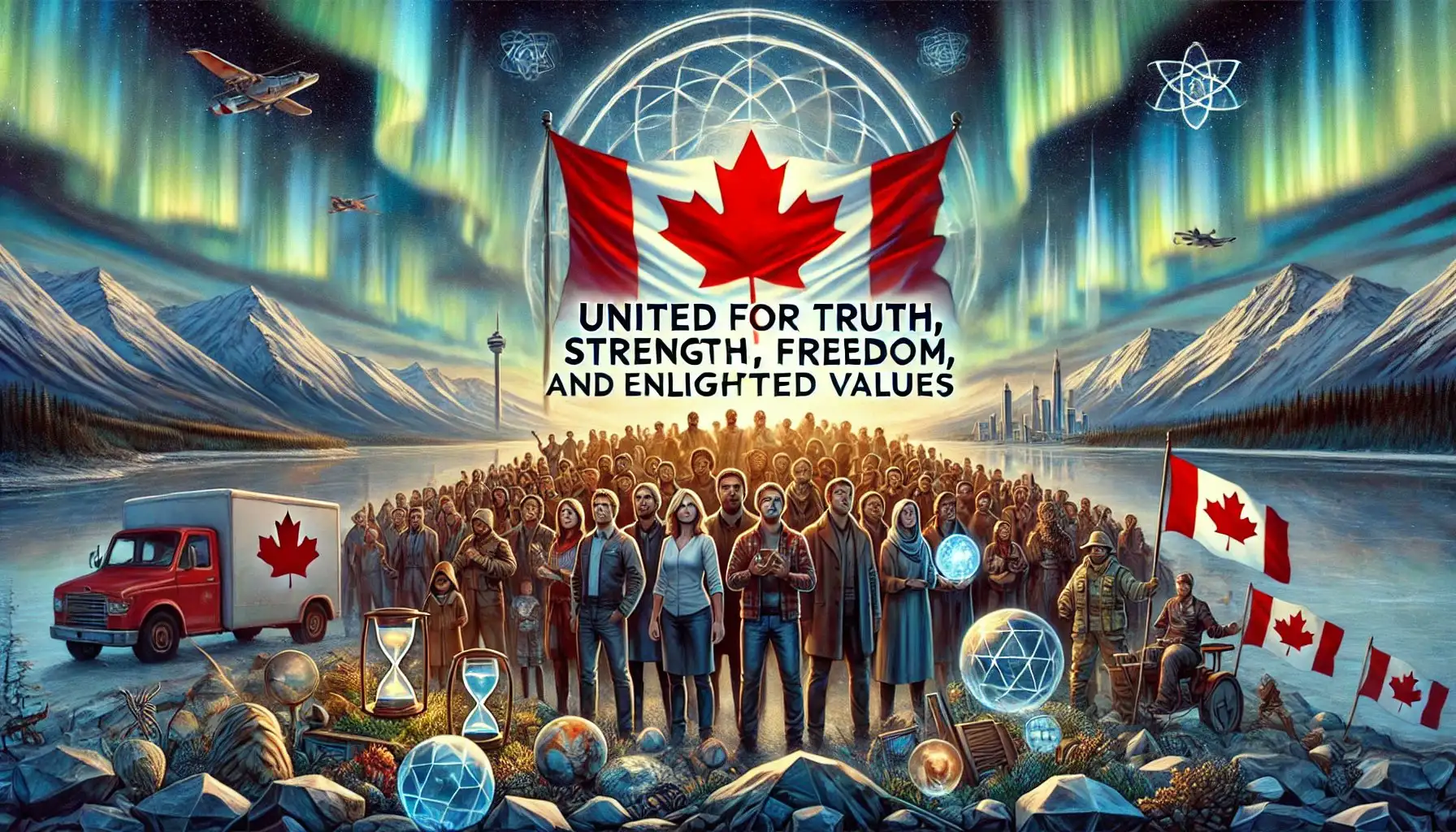
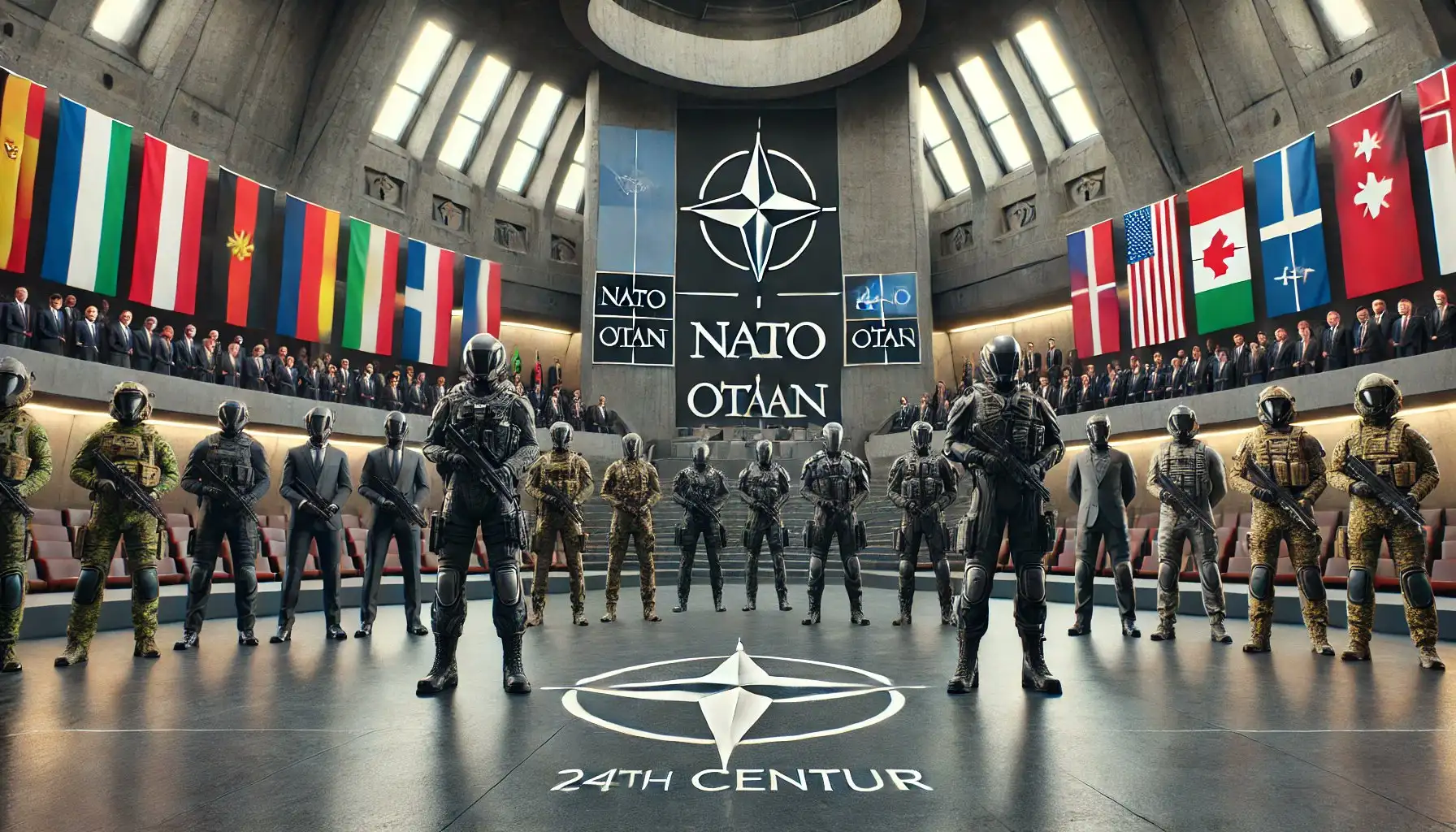
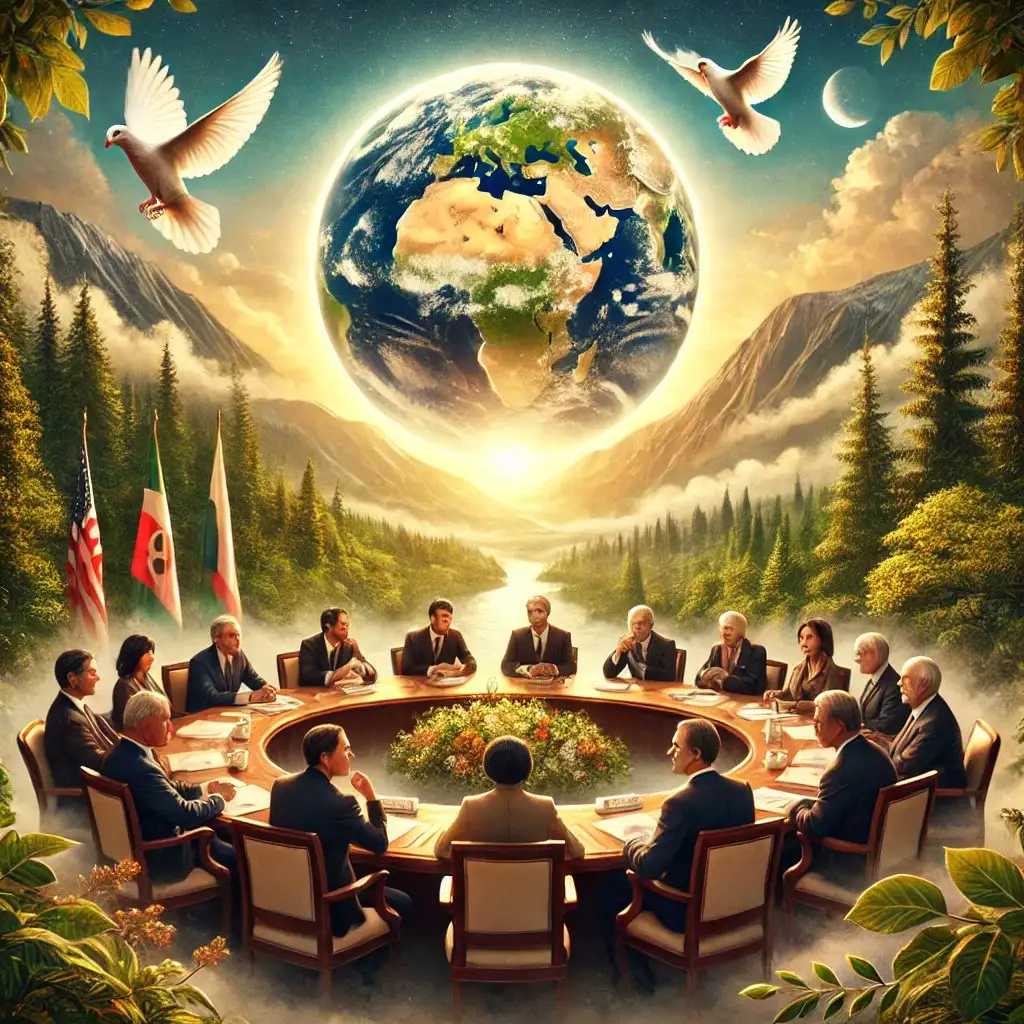
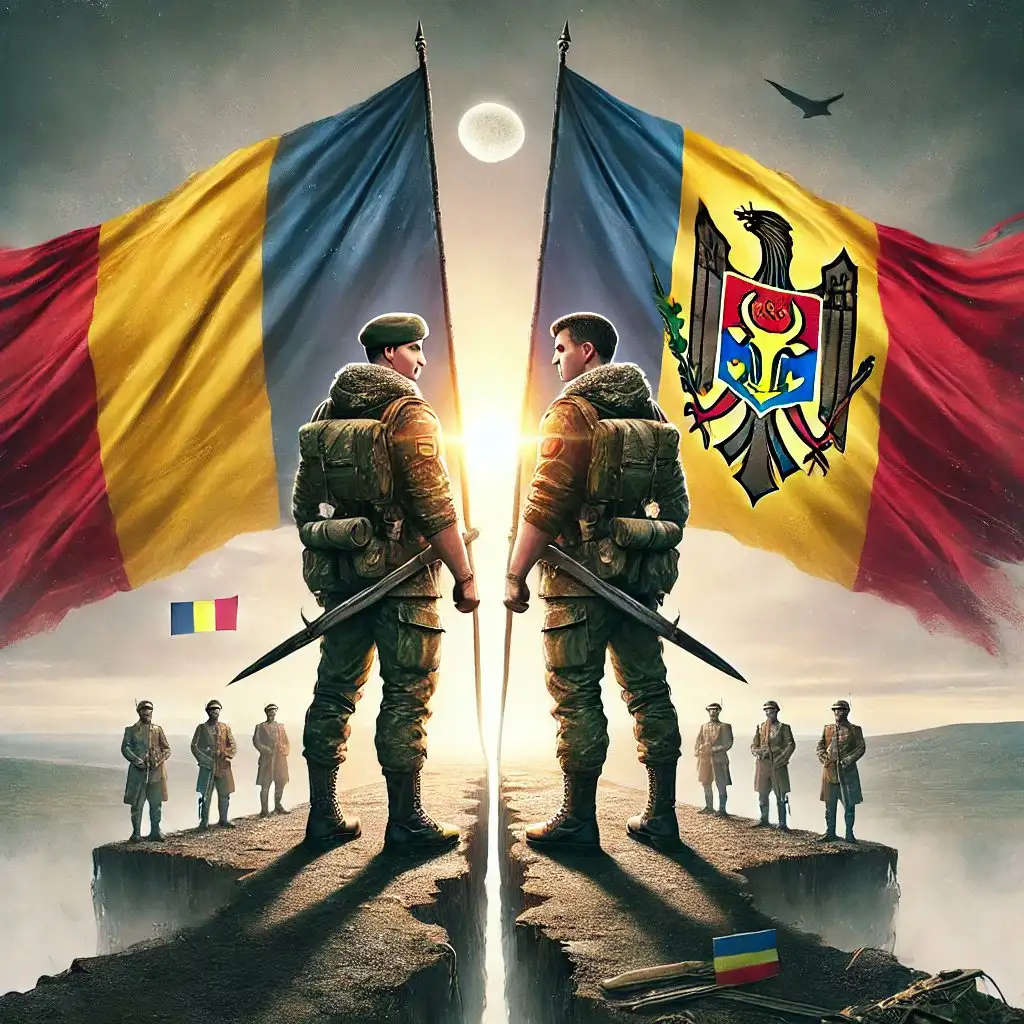
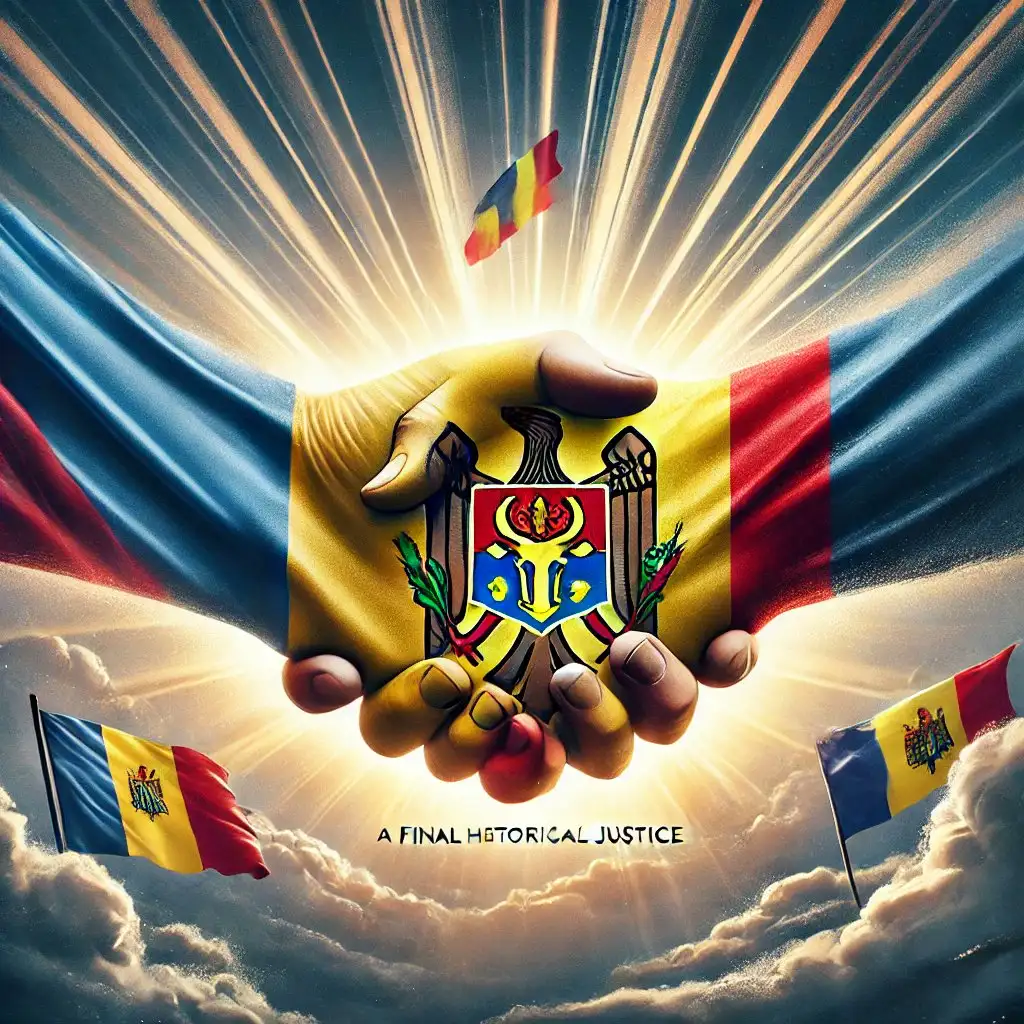
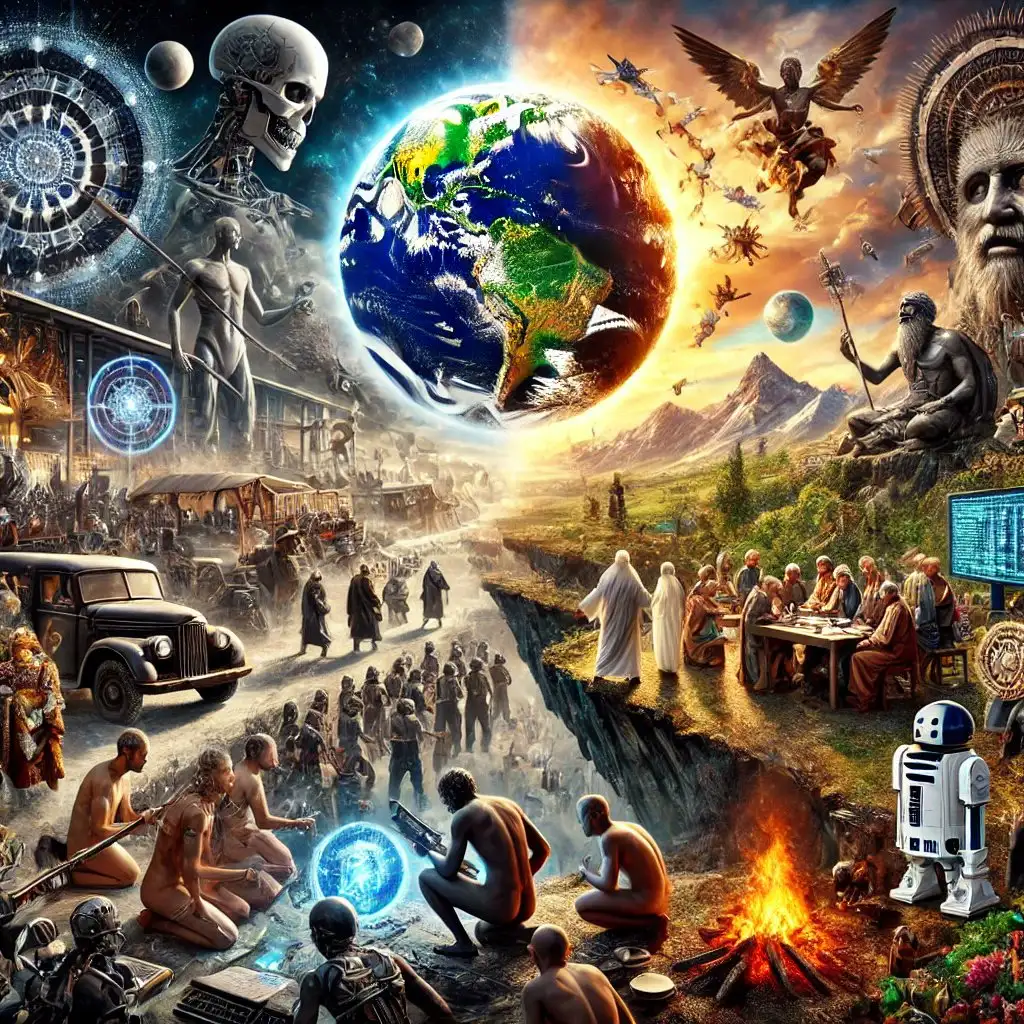
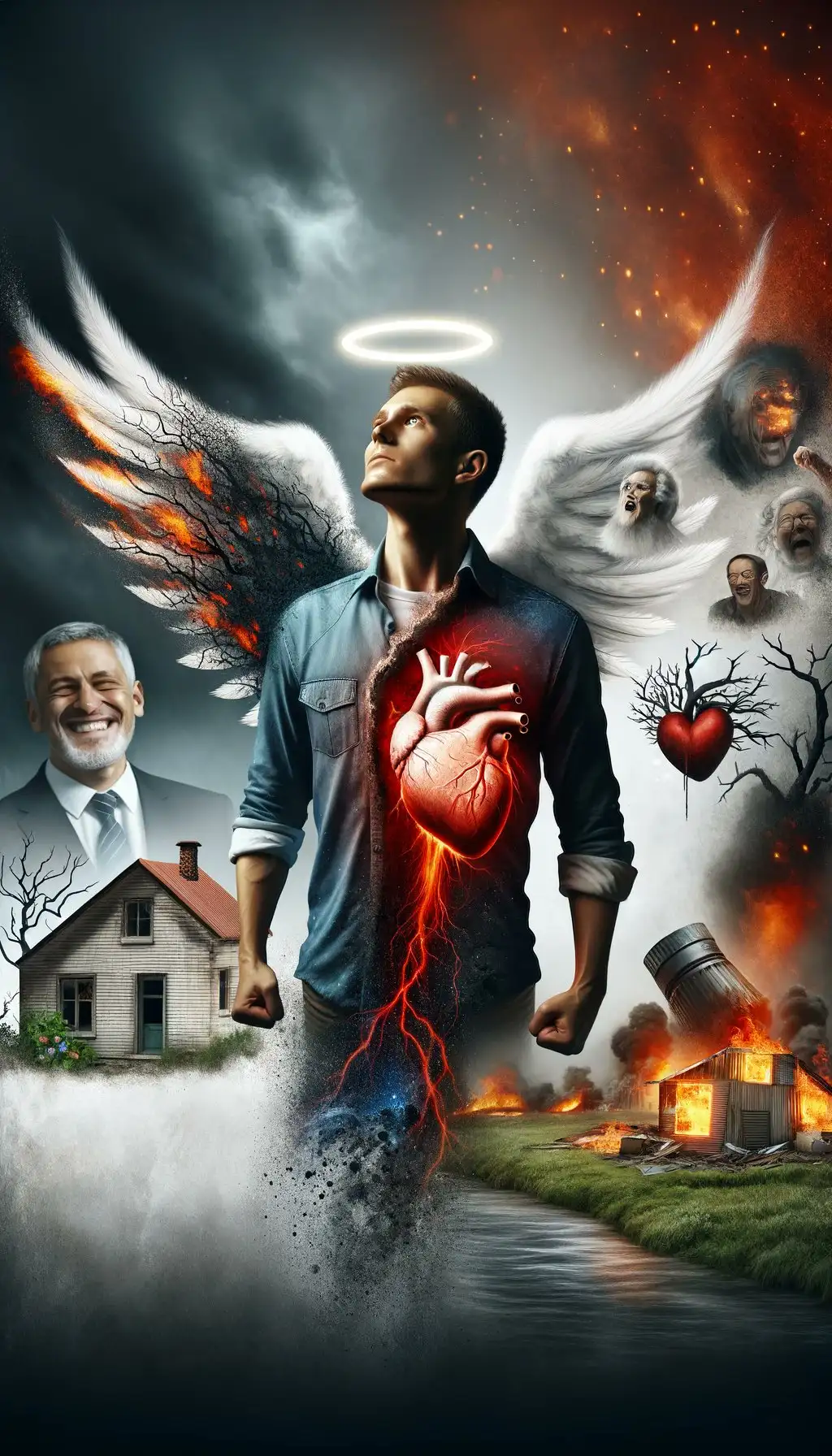

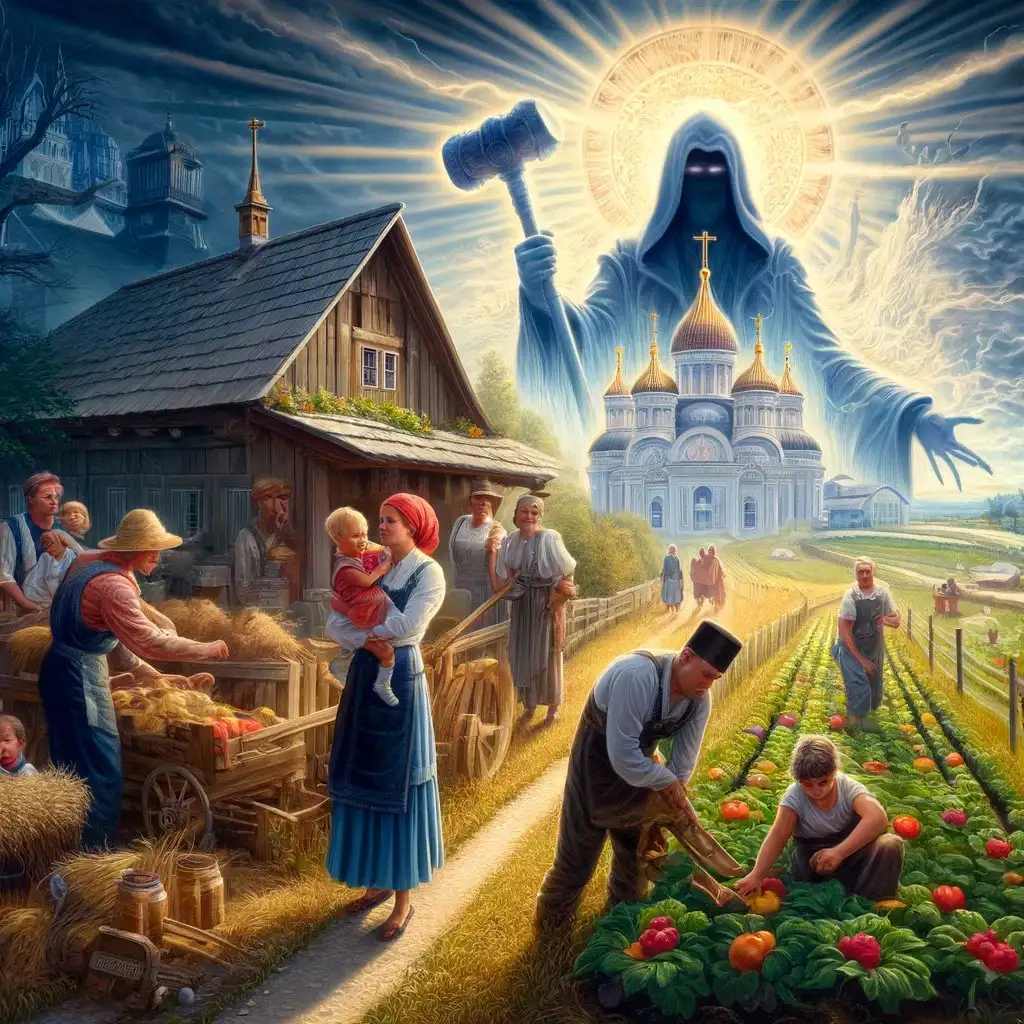


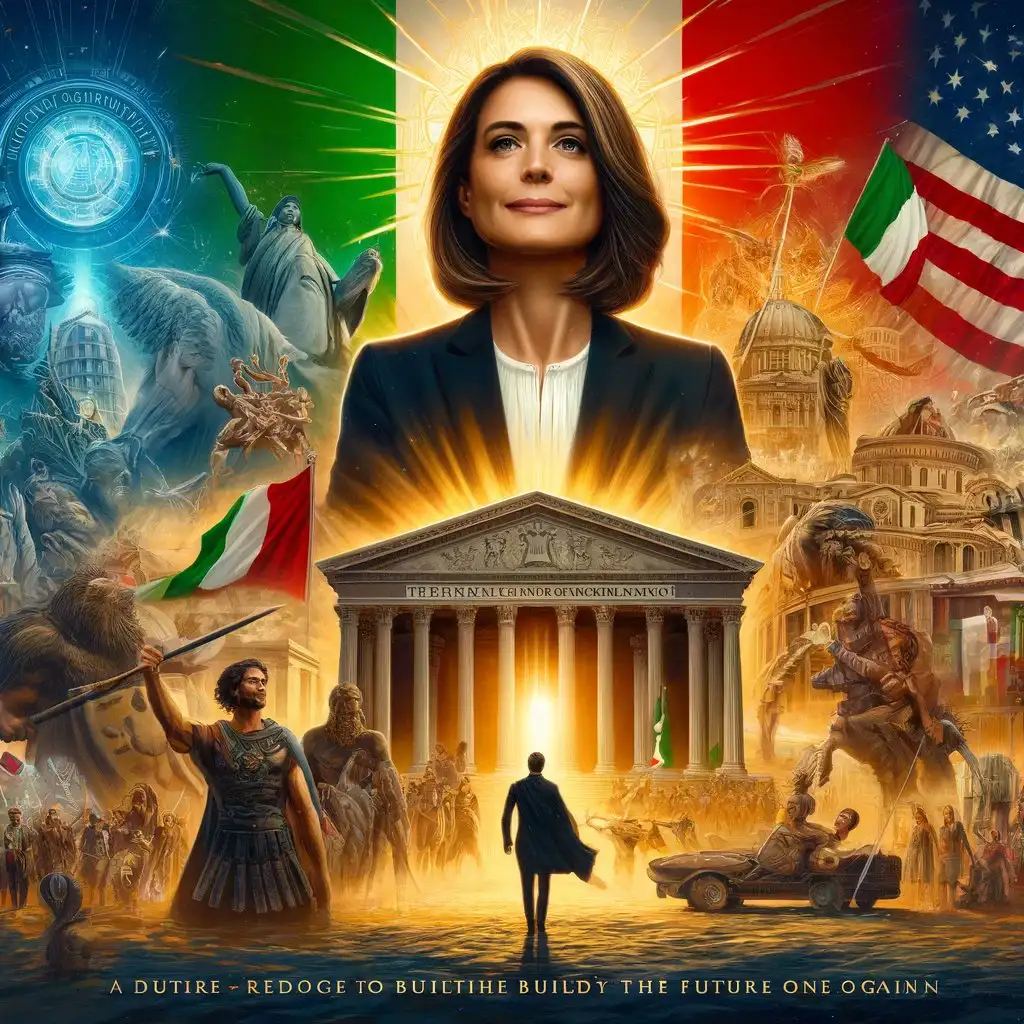
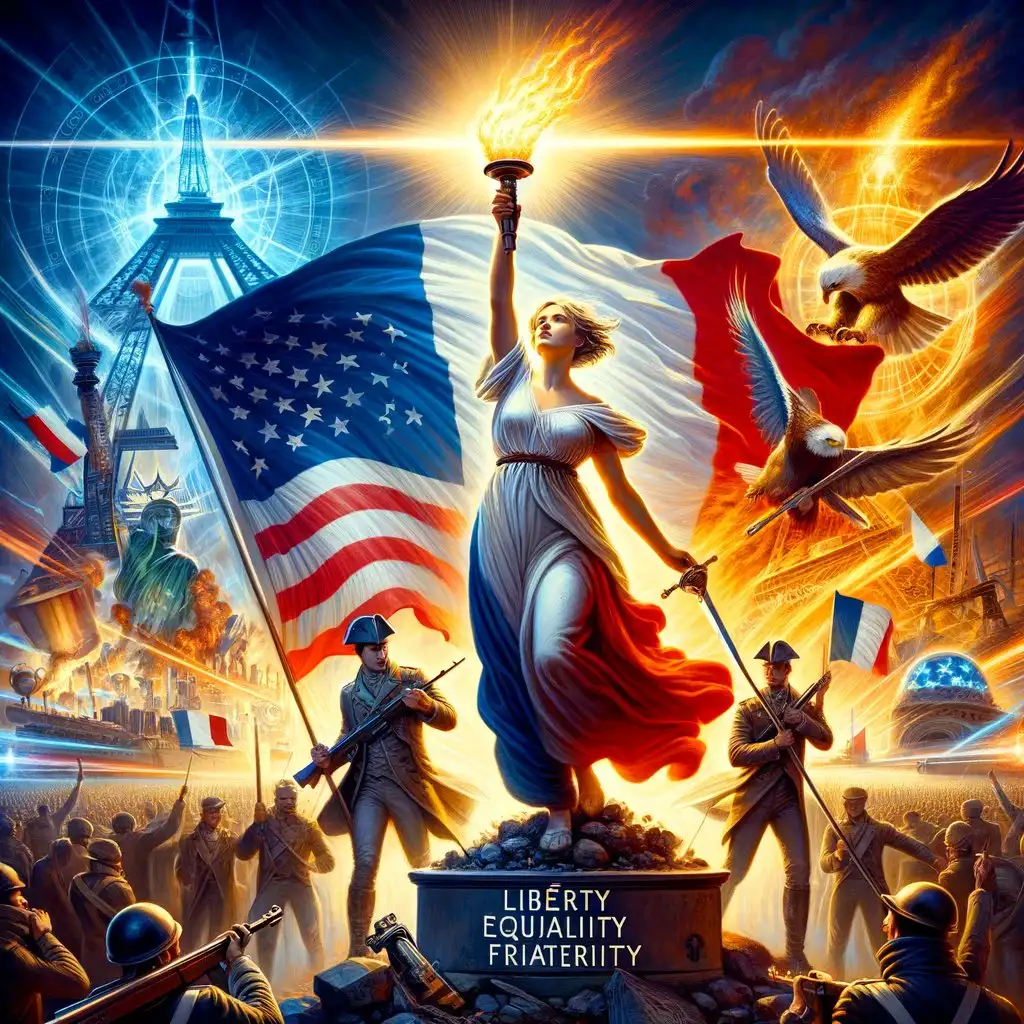
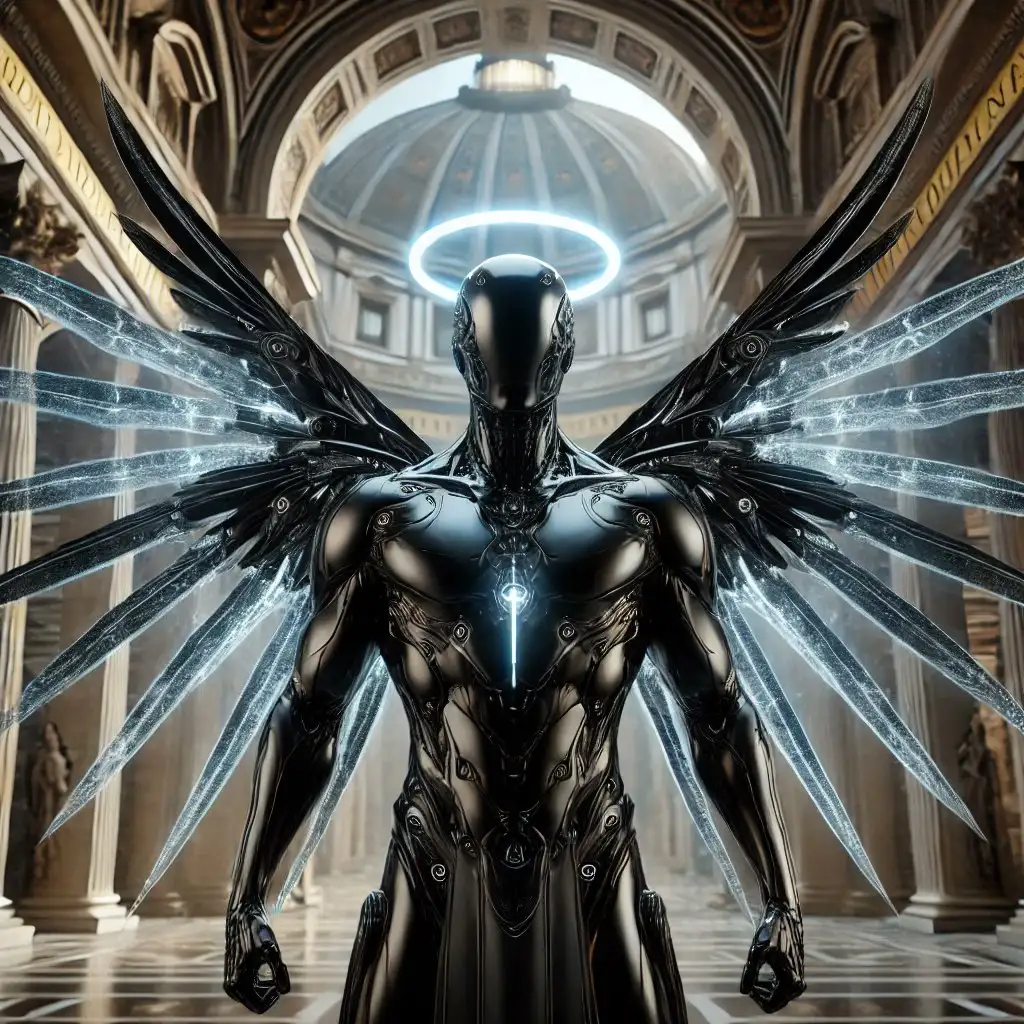
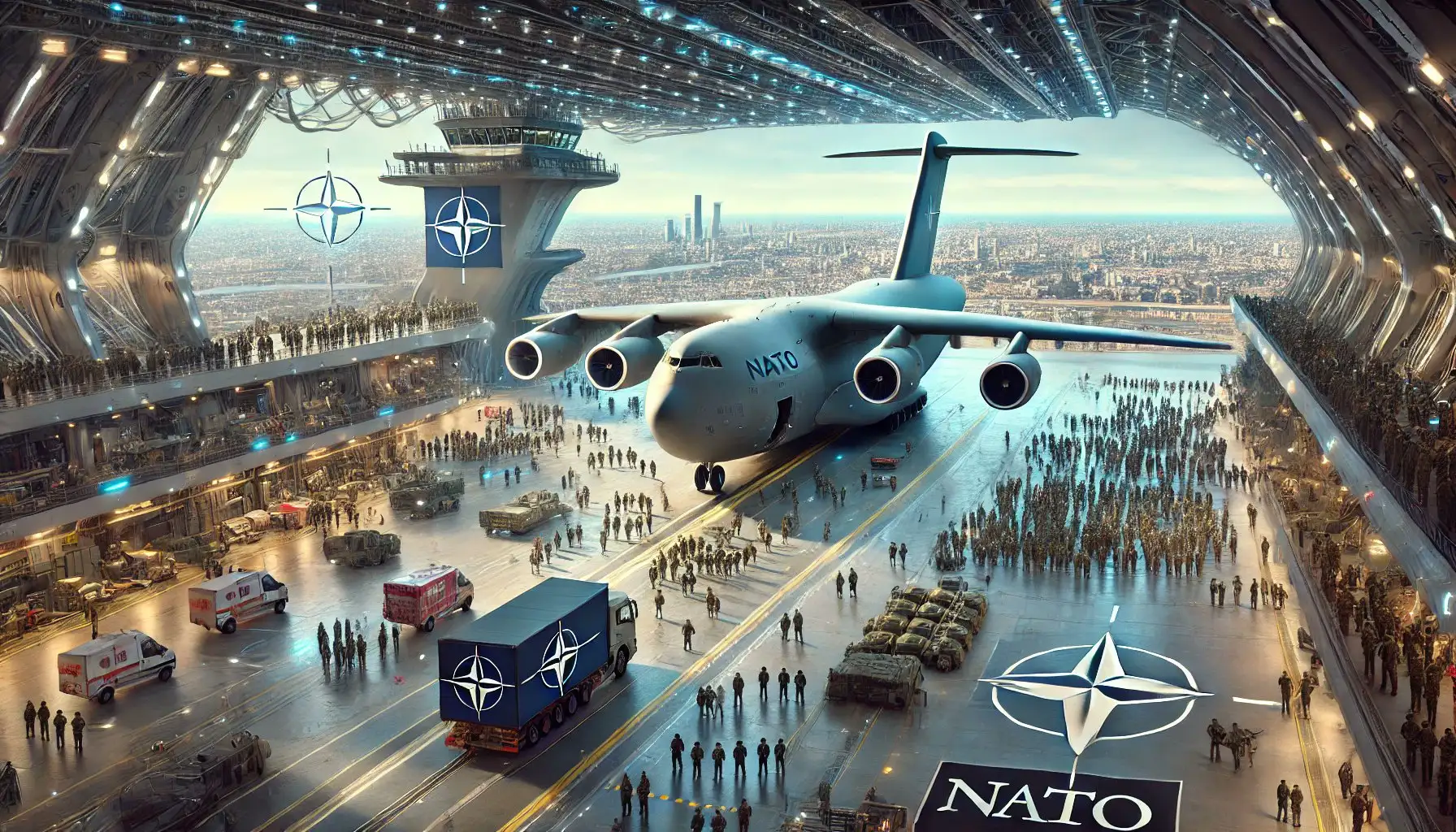
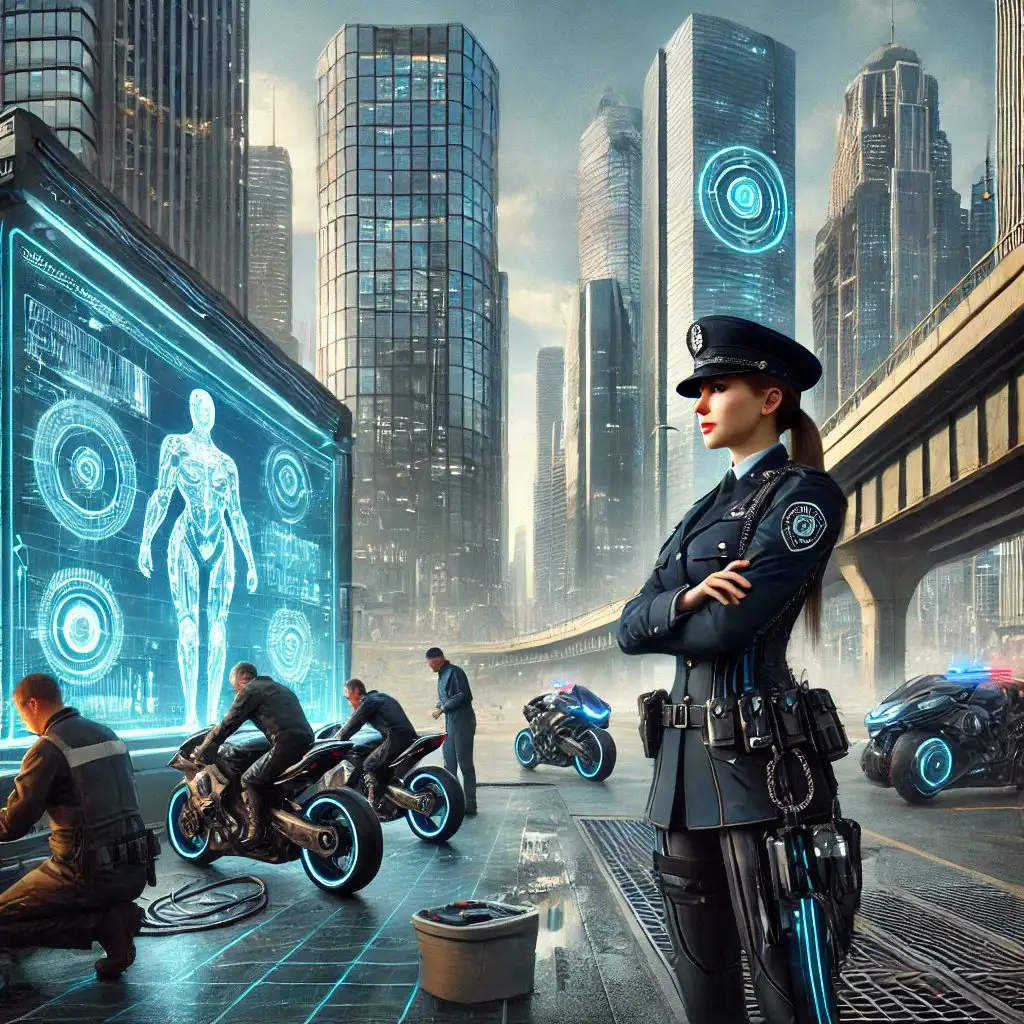

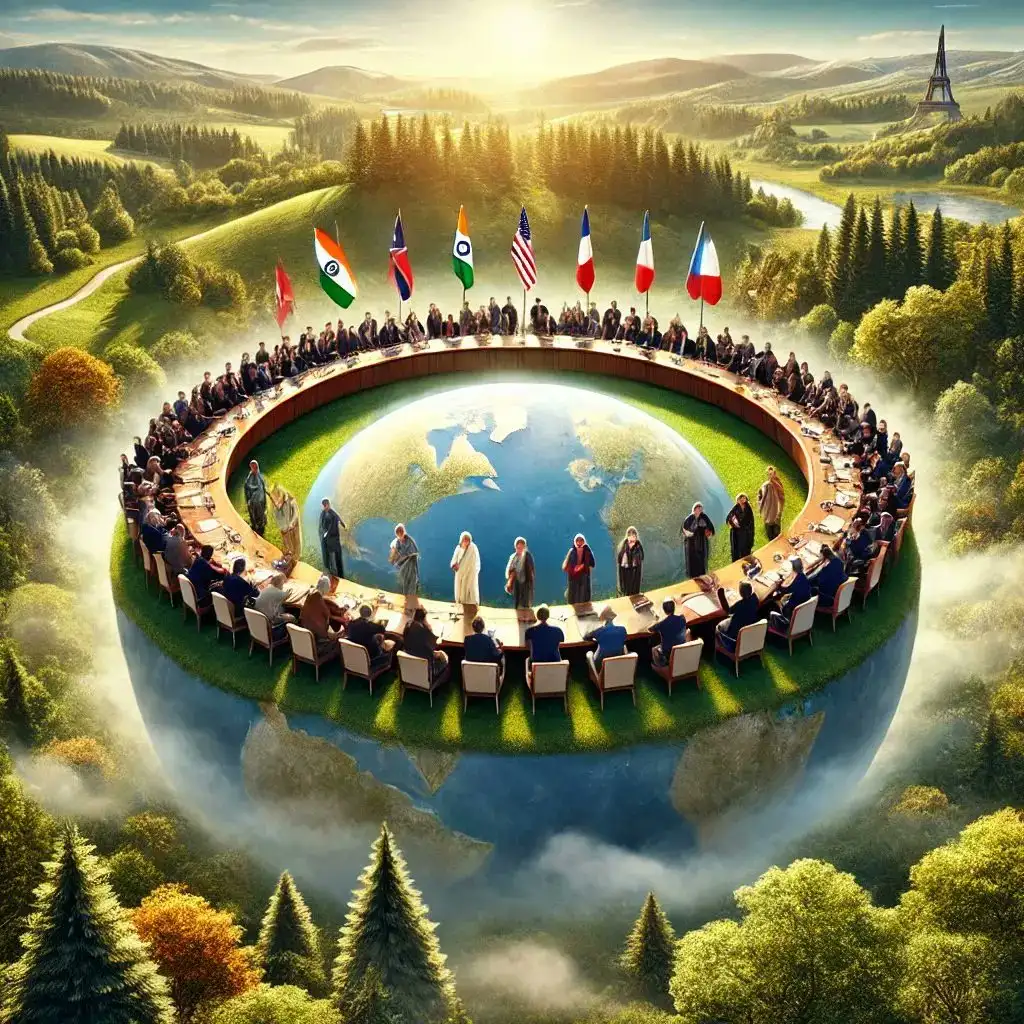
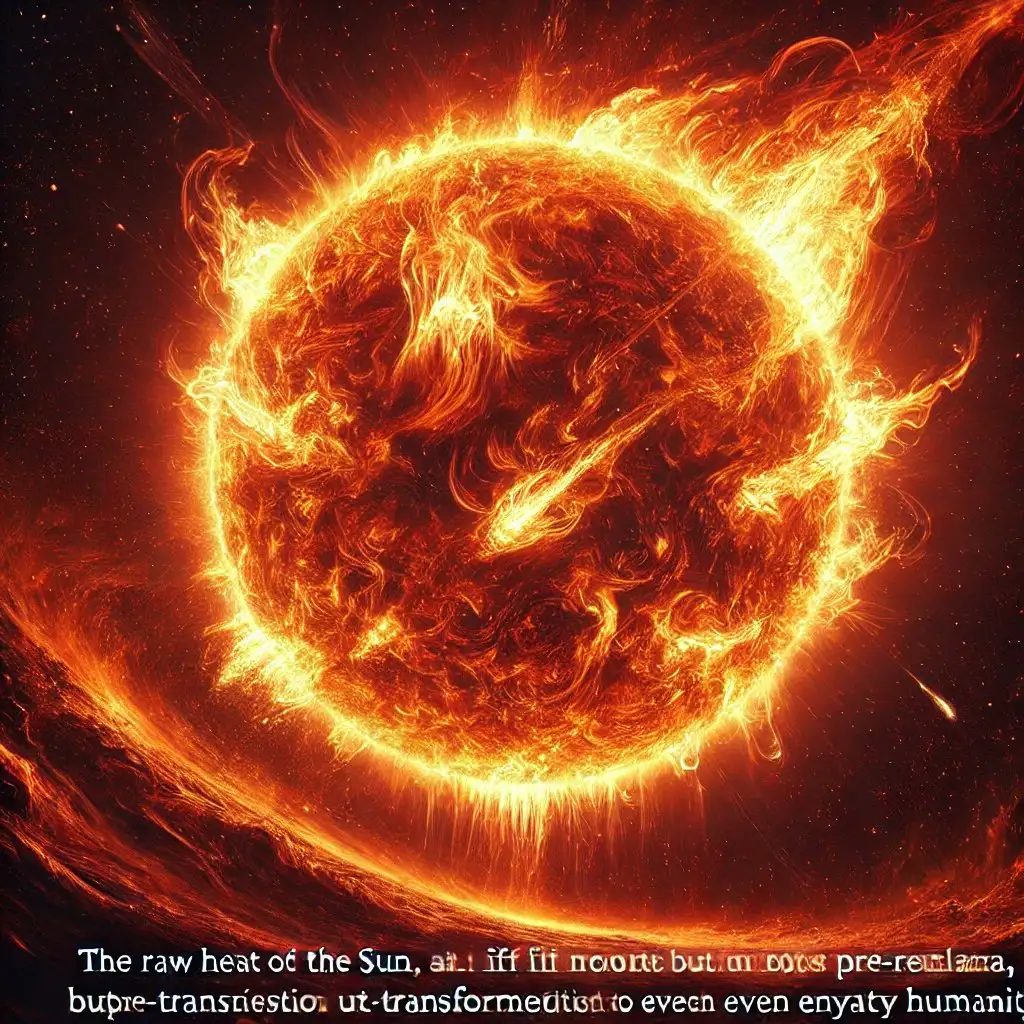

Related Content:
Title:“Rebuilding Strength: Protecting Canada’s Key Sectors” https://x.com/SkillsGapTrain/status/1818219740881412384
Title:“Canada’s Hidden Frontier: 99.75%+ Untapped Potential and Unclaimed Wealth” https://x.com/SkillsGapTrain/status/1806429928914825379
Title:“Guardians of the Western World: The Alliance of Defense and Agriculture” https://x.com/SkillsGapTrain/status/1802701630455878102
Title: “That seems like a wise precaution. Judges in Western European and Northern European countries, should not seek vengeance on Romanian families,…”
Title: “From Ceaușescu to Canada: Tracing the Transformation of Communism and the Rise of De-Growth and Centralized Control in Canada” https://x.com/SkillsGapTrain/status/1803164570153816204
Title: “To us, Canada’s housing inflation looks like an invention of the land supply policy makers, from the permitting administrators, from the citizen’s own political leaders.” https://x.com/SkillsGapTrain/status/1802393608672182369
Title: “Skills Gap Trainer, Director Valentin, experienced a prophetic vision at age seven during a flight across the Carpathian Mountains towards New York.” https://x.com/SkillsGapTrain/status/1786181743130841198
Title: “Quo Vadis America 2024: A Crossroads Between Revolutionary Change and Foundational Principles” https://skillsgaptrainer.com/quo-vadis-america-2024/
Title: “Roots of Knowledge: How Religion & Philosophy Shape Moral Foundations in an Era of Ideological Chaos” https://skillsgaptrainer.com/roots-of-knowledge/
Title: “A Global Warning: Is Brazil’s Threat to Elon Musk’s X a Sign of a BRICS-Influenced Future?” https://skillsgaptrainer.com/a-global-warning-is-brazils-threat-a-sign-of-a-brics-future/
Title: “Is Canada Facing a Religious Arson War?” https://skillsgaptrainer.com/is-canada-facing-a-religious-arson-war/
Title: “From Unity to Division: The Erosion of Christian Values and the Rise of Woke Culture” https://skillsgaptrainer.com/the-erosion-of-christian-values-and-the-rise-of-woke-culture/
Title: “The Cultural Clash: Western Europe’s Demographic Shifts and the Risk of Future Conflict” https://skillsgaptrainer.com/the-cultural-clash-western-europe/
Title: “Guardians of Tomorrow: NATO’s Next-Generation Alliance and the Fusion of Tradition with Positive Future Tech Vision” https://skillsgaptrainer.com/guardians-of-tomorrow-nato-next-generation-alliance/
Title: “The Path to Peaceful Coexistence: Charting a Course for Global Democracy and Enhanced Cooperation” https://skillsgaptrainer.com/the-path-to-peaceful-coexistence/
Title: “The Long Journey Home: The Reunification of Moldova and Romania” https://skillsgaptrainer.com/the-long-journey-home/
Title: “Hypothetical Scenario: Global Impact of Nuclear War” https://skillsgaptrainer.com/global-impact-of-nuclear-war/
Title: “Ideological Subversion and the Demoralization of RCMP Officers” https://skillsgaptrainer.com/ideological-subversion-and-demoralization-of-police/
Title:“The Dragon’s New Clothes: How the CCP Mirrors Neoliberalism of Liberal Party (2015 to 2024)” https://skillsgaptrainer.com/the-dragons-new-clothes/
Title: “Canada’s Future at Risk: The New Global Threats to Our Borders and Security” https://skillsgaptrainer.com/canadas-future-at-risk/
Title: “Echoes of Soviet Control: Misusing Misogyny Laws to Silence Dissent in the UK and Canada” https://skillsgaptrainer.com/echoes-of-soviet-control-misusing-misogyny-laws/
Title: “Analysis of Factors Leading to Reduced Family Formation and Decline in Birth Rates in Western Countries” https://skillsgaptrainer.com/analysis-of-factors-leading-to-reduced-family-formation/
Title: “Undermining Bravery, Strength, Valour, and Freedom: The True Cost of the Assault on Combat Sports” https://skillsgaptrainer.com/undermining-bravery-strength-valour-and-freedom/
Title: “The ‘Woke Mind Virus’ in Action: How Trudeau’s “Pro-Family Fantasy” Fuels Various Types of De-Growth (Industrial, Technological, Economic, & Family)” https://skillsgaptrainer.com/the-woke-mind-virus-in-action/
Title: “The Disunity of Camouflage: A Critique of the Olympic Attire” https://skillsgaptrainer.com/the-disunity-of-camouflage/
Title: “Transcending Limits: Embracing Nietzsche’s Übermensch in the Age of AI and Powered Assault Armour” https://skillsgaptrainer.com/transcending-limits-embracing-nietzsche/
Title:“The Withheld Honour and Silent Sacrifices: Society’s Failure to Recognize and Reward True Excellence at Olympics” https://skillsgaptrainer.com/the-withheld-honour/
Title: “Breaking the Chains: Unveiling the Barriers to Structured Thinking and Professionalism in Canada’s Economy” https://skillsgaptrainer.com/breaking-the-chains/
Title: “Defending the Integrity of the Olympics: A Call for Logical and Philosophical Consistency” https://skillsgaptrainer.com/defending-integrity-of-olympics/
Title: “Unmasking the Assault: How Ideological Subversion and a Disregard for Heritage Are Undermining Canada’s Military” https://skillsgaptrainer.com/unmasking-the-assault/
Title: “The Hidden Hand: Consulting Firms, Cultural Shifts, and the Erosion of Canadian Sovereignty” https://skillsgaptrainer.com/the-hidden-hand/
Title: “The Lost Generations: How Canada’s Immigration Policies & HR Failed Millennials and Gen Z” https://skillsgaptrainer.com/the-lost-generations/
Title: “A Cultural and Philosophical Crisis: The Impact of Mixed-Gender Combat Competitions on Latin Heritage and the Spirit of the Olympics” https://skillsgaptrainer.com/a-cultural-and-philosophical-crisis/
Title: “Against the Corporatization of the Olympic Games: A Call for Public Ownership and Accessibility” https://skillsgaptrainer.com/against-the-corporatization-of-olympic-games/
Title: “The Impact of Demographic Shifts on National Sovereignty and Stability in Western Nations” https://skillsgaptrainer.com/the-impact-of-demographic-shifts/
Title: “The Role of Sheriffs and the Disintegration of National Police Functions in Canada” https://skillsgaptrainer.com/the-role-of-sheriffs/
Title: “Protecting Professional Integrity: Ensuring Independence and Diversity in Canada’s Professional Societies” https://skillsgaptrainer.com/protecting-professional-integrity/
Title: “A Comprehensive Plan to End “Wokeness” and Strengthen Western Societies Amidst Geopolitical Tensions” https://skillsgaptrainer.com/comprehensive-plan-to-end-wokeness/
To see our Donate Page, click https://skillsgaptrainer.com/donate